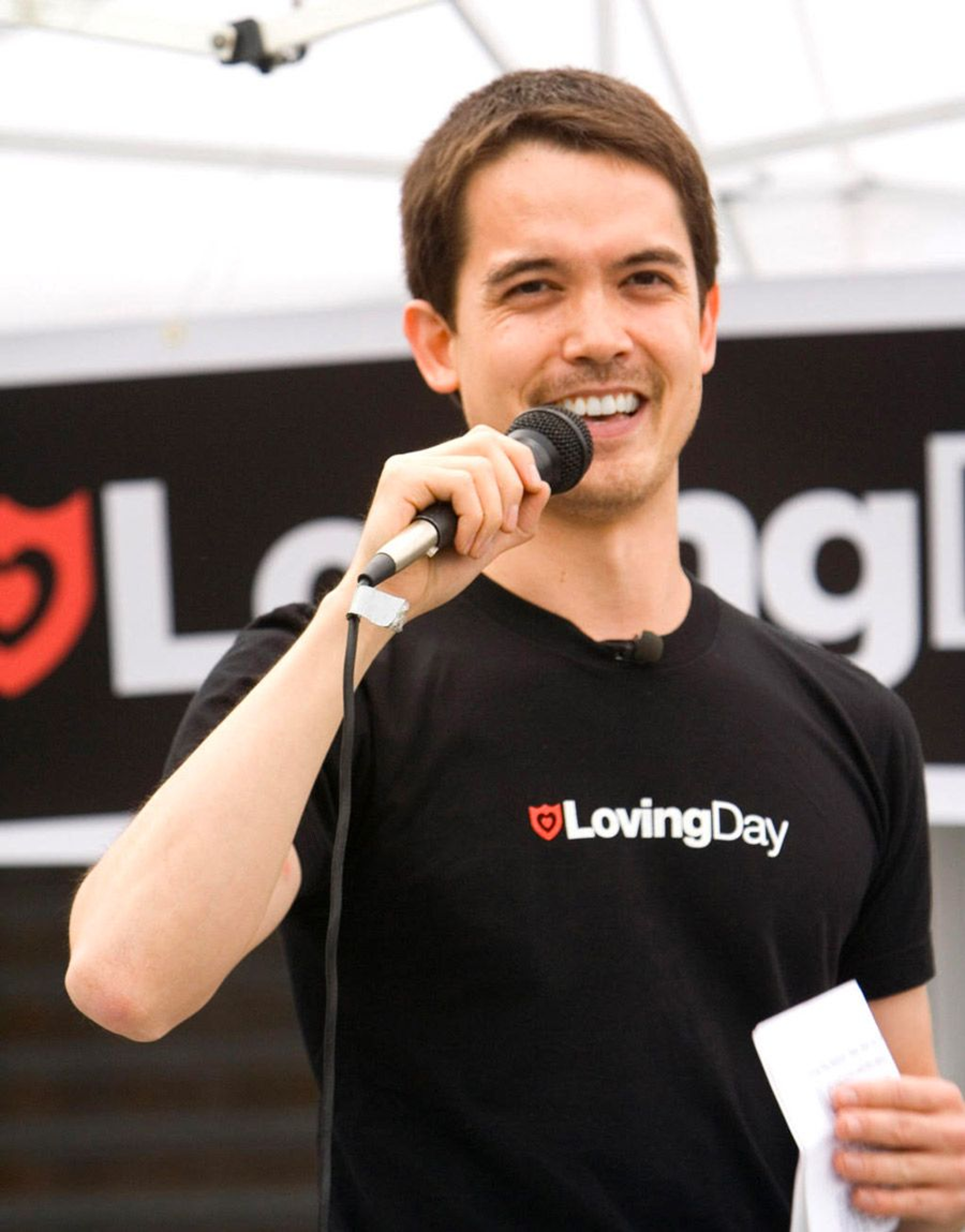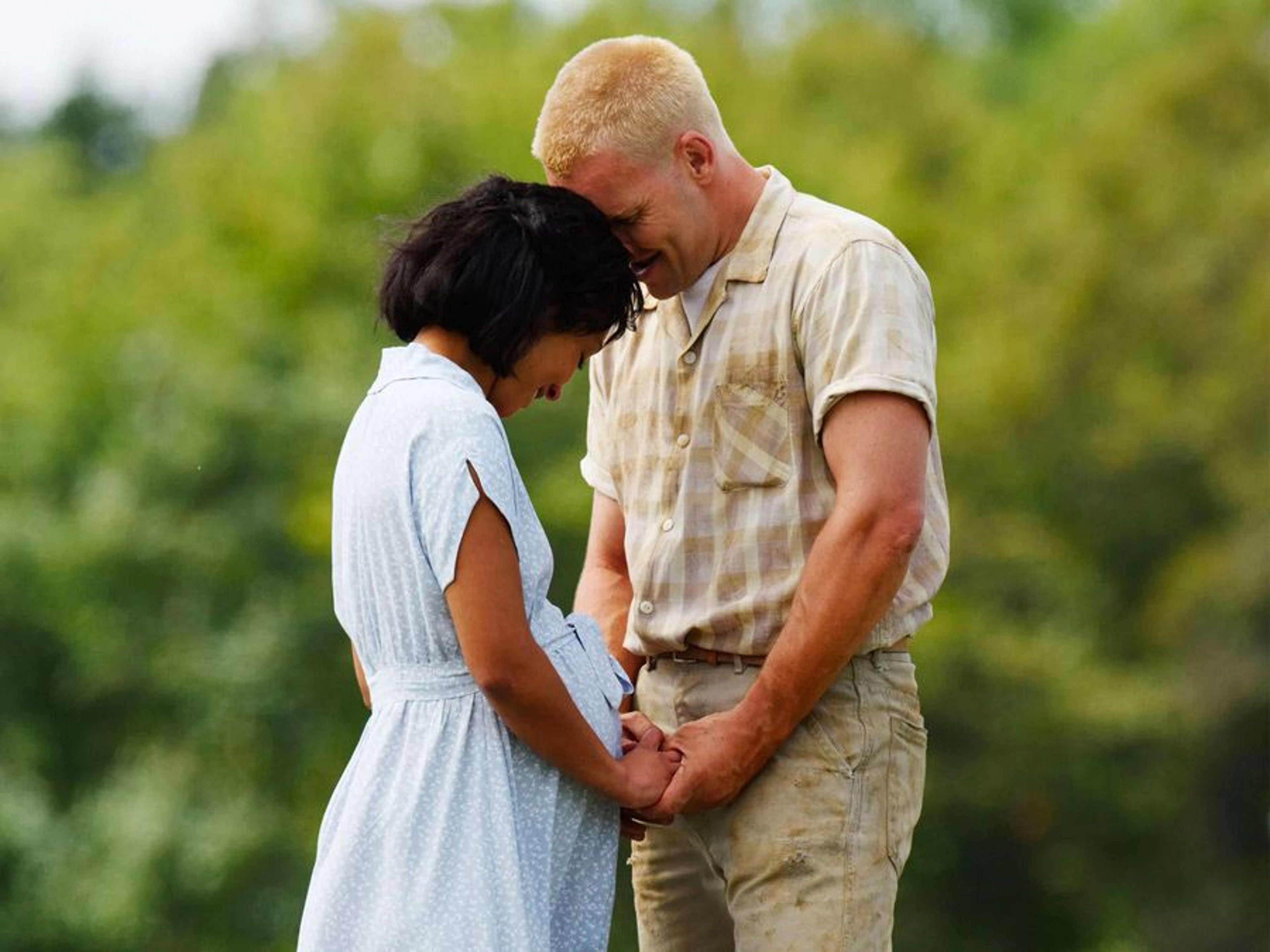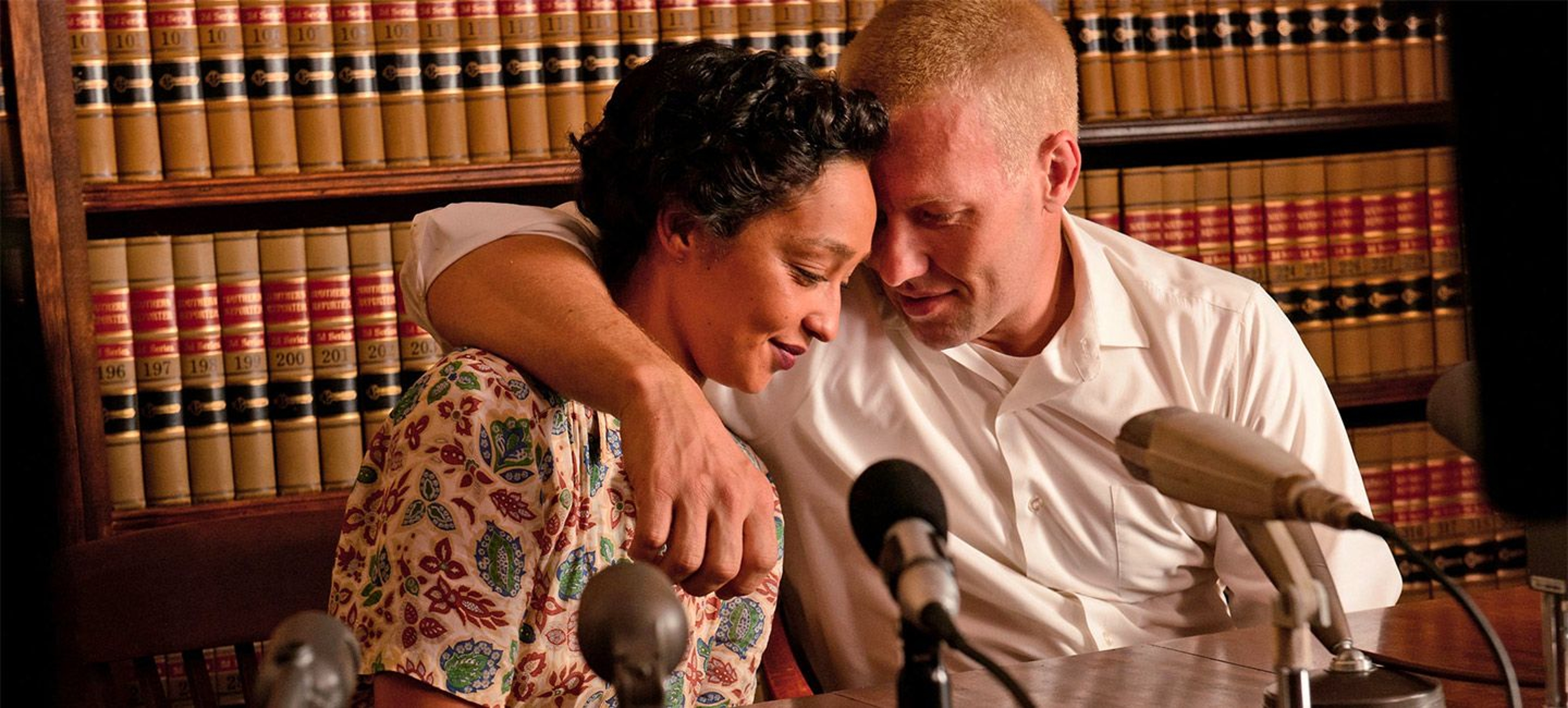On June 12, 1967, the United States Supreme Court handed down its decision in the case of Loving v. Virginia. In a single, unanimous voice, the highest court supported the right of Mildred and Richard Loving to marry and struck down Virginia’s anti-miscegenation law. The quiet dignity of the mixed-race couple at the center of this battle inspired filmmaker Jeff Nichols' acclaimed feature Loving, with Ruth Negga and Joel Edgerton.
For fans and critics, the film was not a simple period piece, but a moving legacy for the couple and their principles. For Rolling Stone, “Nichols has given us a quietly devastating film that resonates for the here and now and marches to the cadences of history and the heart.”
In 2004, Ken Tanabe was also moved by Mildred and Richard Loving and designated June 12 as Loving Day to honor them. So we spoke with Tanabe about how he created this special holiday and why the story is so special to him.
Watch Loving on Apple TV or Amazon.
Loving's "Making A History" Featurette

Loving Day founder Ken Tanabe. Photo: Willie Davis.
Where did the inspiration for creating Loving Day come from?
Loving Day officially launched in 2004. It was originally my graduate thesis project in design school, if you can believe that. I stumbled across the Loving case a few years before and it stuck with me. Why hadn't I learned about it in school, or anywhere else? At first, I considered making a website, and then a film. I'm pretty glad I didn't attempt the film, considering that the Loving film is so good, as is The Loving Story documentary. But then, I wondered if the June 12 anniversary of the Loving decision could be a meaningful day for couples and families. It felt a little crazy to suggest a new day like this to the world, but I was inspired by other important days, such as MLK Day and Juneteenth. I gave it a try. I approached it as a campaign for a "real" day, and that's how Loving Day started.
What was the first celebration like?
It was not very complicated! It was a gathering at a bar in New York City in June 2004. We had an early evening time slot before pretty much everyone usually got there. There was a DJ and some speeches. Maybe 100 people or so showed up. I still like the idea that it should be easy to participate in Loving Day, whether you have a potluck dinner or a picnic blanket.
When did you first hear about Richard and Mildred Loving and their Supreme Court case?
I was actually searching the web for something else. I remember asking my parents and older relatives about it. They all remembered it as front-page news back in the day. But no one my age or younger seemed to know about it. I couldn't believe that a civil rights milestone of that level was not common knowledge—especially with such a memorable name. I was moved by Mildred and Richard Loving’s story, too. I also realized that if it wasn't for Loving v. Virginia, my parents may not have gotten married and decided to live in the U.S.—which means that I might not have been here to have this lovely conversation with you.
As people who helped change America, how would you describe the Lovings as a couple and the example they set?
To me, they were two people who really loved each other and were deeply committed to each other. I think they brought a quiet strength and perseverance to the challenges they faced, and they made history in the process. You see it in Mildred Loving's letters and footage of them. That's the example they set, which also came across to me in the film.

Ruth Negga and Joel Edgerton in Loving.
As activism, Loving Day seems eager to bring people together and establish a community. Can you talk about what your hopes for the events are?
My hope for Loving Day is that it grows as a tradition, shared between friends and passed down between generations. The project is about education, visibility, and community. I believe it can be a platform for all of those things. I see it as something that connects a global community. Events are one part of that. Sharing knowledge and stories is another. It can also be a time to stand in solidarity with the communities that intersect with ours.
What are some of the more interesting ways people have celebrated Loving Day?
Some people choose to get married on Loving Day, or as close to it as they can since it’s not always on a weekend! To me, that's incredibly powerful. It's such an important moment in people's lives. Recently, we've seen people attend protests on Loving Day—or even get married and protest on the same day. Beyond the well-loved options like picnics, barbecues, and virtual events, I've seen a lot of beautiful expressions of Loving Day—theater performances, musical performances, and album releases. I could go on. We saw people baking or ordering cakes frosted with a Loving Day theme. That inspired us to order similar cakes for a few of our events. Our community is quite vibrant and has really good ideas.
How would you suggest people celebrate June 12?
I encourage everyone to visit LovingDay.org for inspiration. For example, many people share on social media with the #lovingday hashtag, which has been shared tens of thousands of times and has trended twice so far. There are events that people can choose to participate in, many of which are virtual. We have free educational resources about the Lovings' story and case. But one of the best things about Loving Day is that people can acknowledge the day and its significance in the way that is most meaningful to them and those they care about. It's a shared tradition, so you can make it your own.
